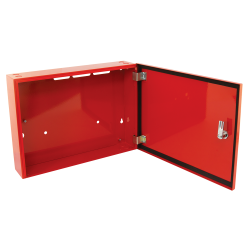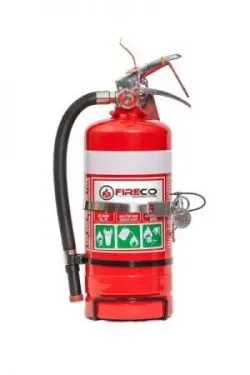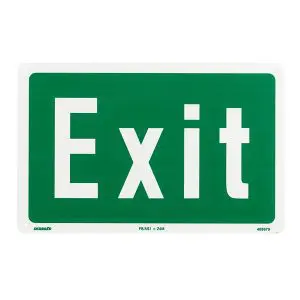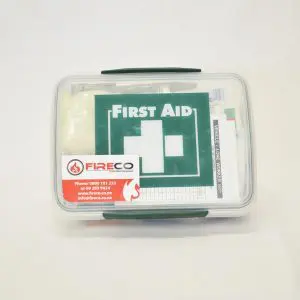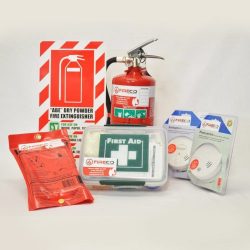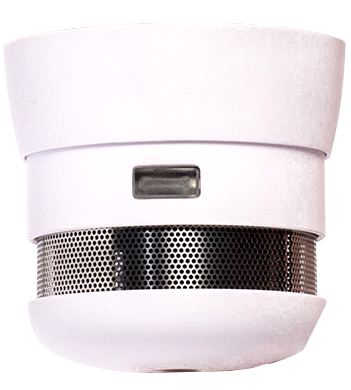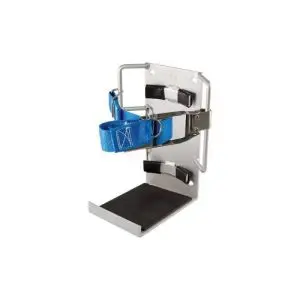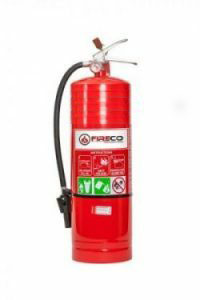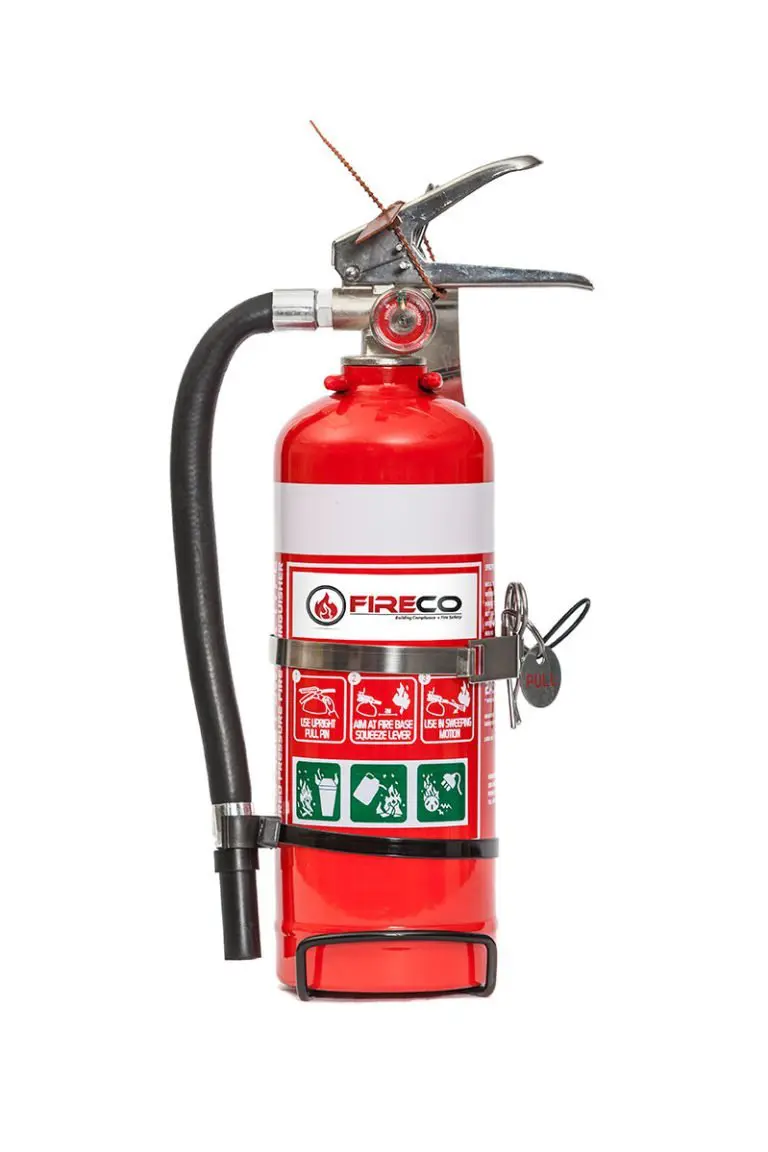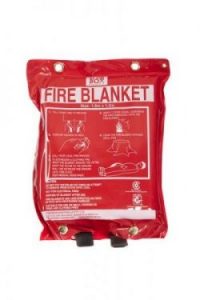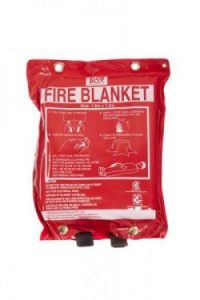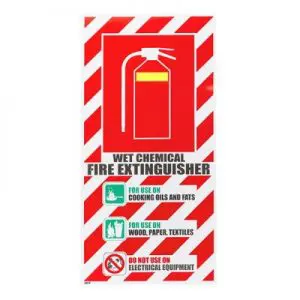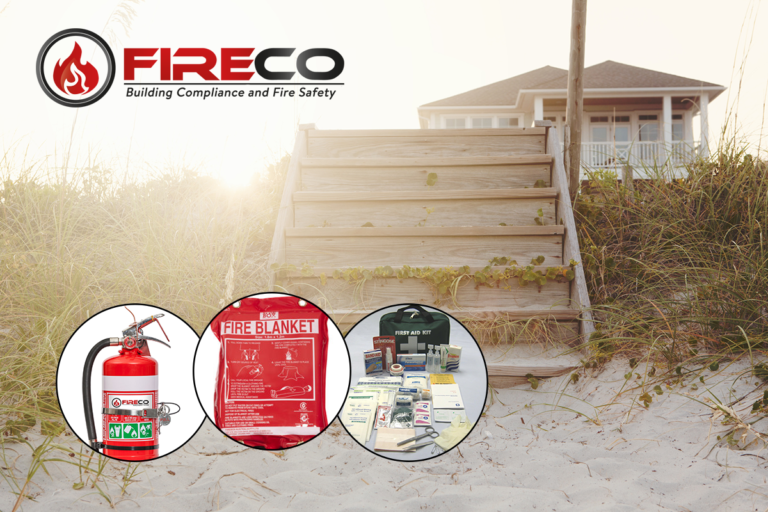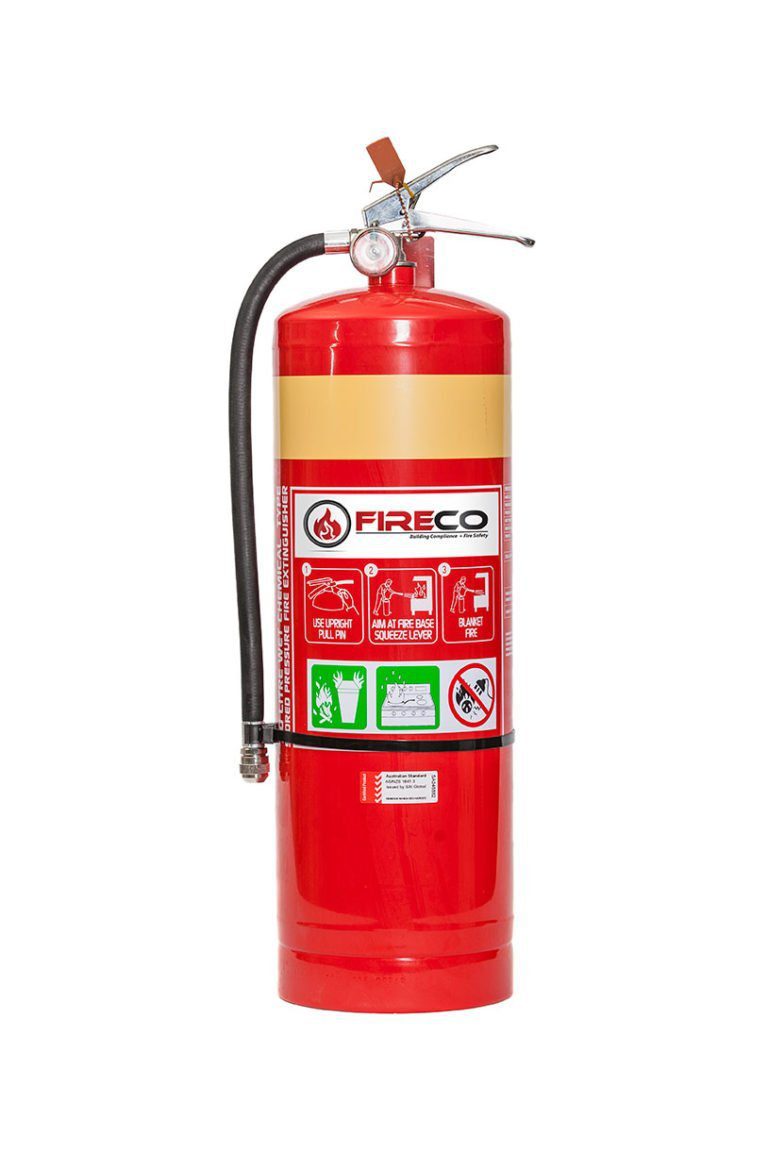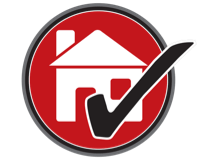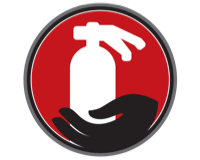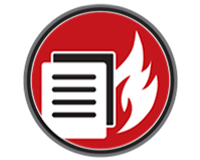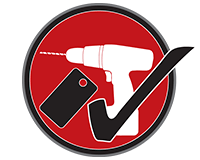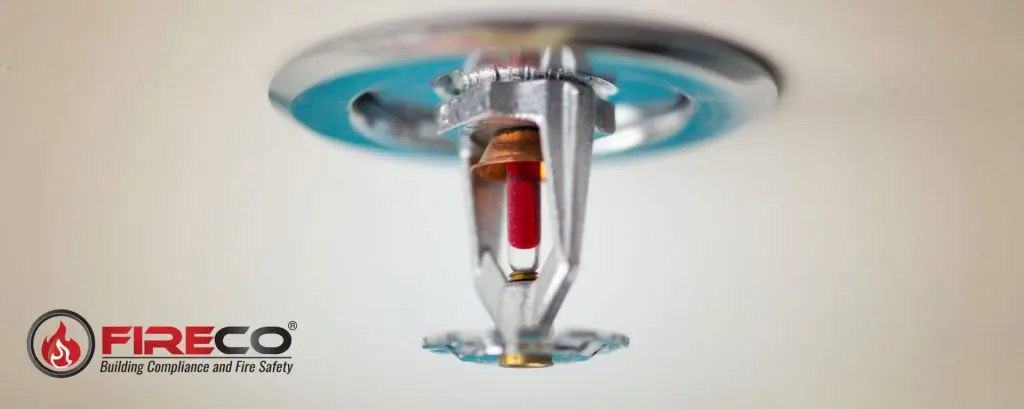
Building Fire Safety: Preventing Corrosion in Fire Sprinkler Systems
Part of building compliance is ensuring all fire suppression systems are in order. Over time fire systems can suffer much neglect and corrosion.
In fact, the corrosion of fire sprinkler piping is a big problem for most aging properties, and one that can potentially lead to system malfunctions and high water damage and repair costs. This is why regular fire safety inspections and fire sprinkler maintenance is so important. Only a fire safety expert can tell you how much of your sprinklers are damaged and which pipe areas need replacement.
Common Causes of Fire Sprinkler Corrosion
One of the most serious causes of fire sprinkler corrosion is called Microbiologically Influenced Corrosion, or MIC.
These metal corroding bacteria MIC can rapidly accelerate normal fire sprinkler corrosion, causing serious problems even in buildings that are less than a decade old. MIC eats away at the tensile strength of steel, causing complete pipe failure before too long cogs and leaks.
However, due to the material differences, corrosion of any kind (MIC and otherwise) is not a common problem with wet pipe fire sprinklers, as long as air is removed from the pipes and there is no existing MIC already present. But with wet pipes, even a small amount of air can compromise the structural integrity of your building pipes causing them to fall apart completely.
Fact is, dry pipes are often thinner than wet pipes, and are at serious risk of corrosion once infected with MIC, because stagnant water collects in low pipe points and elbow pipe joints.
So how do you take care of corroded fire sprinklers? Preemptive measures are always the best cost-effective long-term solution as opposed to emergency repairs. Today’s ultrasonic testing technologies can detect the early presence and monitor MIC progression in pipes. You can choose to repair your pipes long before they become a fire liability.
There’s so much at stake when it comes to fires. The risks from fire sprinkler corrosion and MIC fall into two categories: loss of life and property that occurs because the sprinklers didn’t work and property damage caused by a leak or failure of the corroded fire sprinkler pipes. These risks are greatest in correctional facilities, petroleum refineries, chemical and power plants, as well as in facilities with sensitive electronic equipment where a few drops of leaking water can do more damage than a fire.
Fire sprinkler corrosion is not something easily visible – if you don’t have frequent fire sprinkler maintenance or compliance checks, you may never know you have the problem until you finally face a fire incident.
There are other components of your fire sprinkler system that require certain maintenance and replacement at different intervals:
Maintenance is crucial to make sure your fire extinguishers are working properly because in reality an emergency can happen at any time. You do not want to be stuck with a broken or malfunctioning fire extinguisher in the event of a fire.
Only through a regular maintenance inspection will you know whether a fire extinguisher has been tampered with or if it is damaged or has an obstruction in its delivery system.
Gauges
Gauges shall be replaced every 5 years or tested every 5 years by comparison with a calibrated gauge.
Sprinkler heads
Until the 50-year mark, it’s not necessary to test standard response sprinkler heads. Because quick-response sprinklers have only been around since about 1980, their lifespan and failure rates are still somewhat unknown. Testing them at 20 years, rather than 50, provides a way to identify issues earlier. Fire sprinkler heads must be replaced if they fail the plunge test, if they are heavily loaded with dust or other contaminants, if they have been painted, or if they are leaking or damaged.
Valves
sprinkler valves should be inspected every five years.
If your fire sprinkler system is ever damaged or requires repair, regular maintenance call a professional fire safety company like Fireco NZ. As fire safety specialists, Fireco can recommend a solution on how to address your sprinkler system problem and ensure that your Northland building remains safe and up to code.


